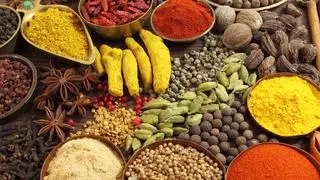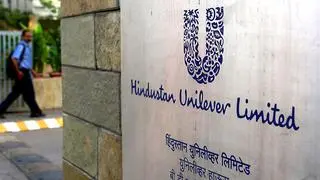Ramesh Naidu, a 45-year-old farmer, is a happy man. His 14-acre mango farm at Samireddypalli village, 12 km from Chittoor town in Andhra Pradesh, will yield five tonnes of mango per acre this year. Taking to ultra high density plantation (UHDP) three years ago,
Naidu planted over 600 trees in an acre, compared with just 40 trees in the traditional practice, which yielded him just 1.5 tonnes of mangoes an acre.
Project Unnati
The trees in Naidu’s farm are pruned to keep them short, and intensive drip irrigation ensures they get the right amount of water, fertiliser and pesticide.
The Totapuri mangoes are, well, literally low-hanging and can be plucked standing beside the tree.
Like the 1,000 farmers across Chittoor district, Naidu is part of Project Unnati, a Coca-Cola and Jain Irrigation initiative to increase productivity of the local mango crop. Jain processes the mango pulp and is the largest supplier to Coca Cola’s Maaza brand, now in its 40th year.
Coke acquired the brand from Parle in 1993.
Maaza uses alphonso pulp as well which is sourced from farmers in Maharashtra and Gujarat.
Venkatesh Kini, President, Coca-Cola India, has set an ambitious target to make Maaza, a ₹3,000-crore brand today, a $1-billion brand (approximately ₹6,700 crore) in sales by 2023.
This target will see mango pulp procured to more than two lakh tonnes, worth ₹1,100 crore annually. Coke now uses up one lakh tonnes of pulp worth ₹650 crore.
Benefiting farmers “This will benefit at least a lakh farmers countrywide; we are excited what it can do for the agri sector and the food processing industry,” says Kini. In Chittoor alone, 10,000 farmers will be covered.
Anil Jain, Vice-Chairman and MD, Jain Irrigation, says the way forward for Indian agriculture is to adopt large scale the practice of UHDP. Jain says he anticipated Maaza’s growth and the demand for pulp and launched Project Unnati five years ago.
“The project over 10 years will create an ecosystem that delivers high growth and income for farmers. This project alone is expected to deliver close to 240 tonnes of fruit by 2023,” he explains to a team of mediapersons visiting Chittoor’s mango farms.
Jain says India is the world’s largest producer of mangoes, but the average yield per hectare is one of the lowest: it’s just eight tonnes per hectare while that of Brazil is 16 tonnes.
Kini says plans are afoot for region-specific marketing campaigns and for festivals for Maaza, new packaging and lower price points, which will all boost sales. “The third prong is to make the supply chain more efficient as well,” he adds.








Comments
Comments have to be in English, and in full sentences. They cannot be abusive or personal. Please abide by our community guidelines for posting your comments.
We have migrated to a new commenting platform. If you are already a registered user of TheHindu Businessline and logged in, you may continue to engage with our articles. If you do not have an account please register and login to post comments. Users can access their older comments by logging into their accounts on Vuukle.